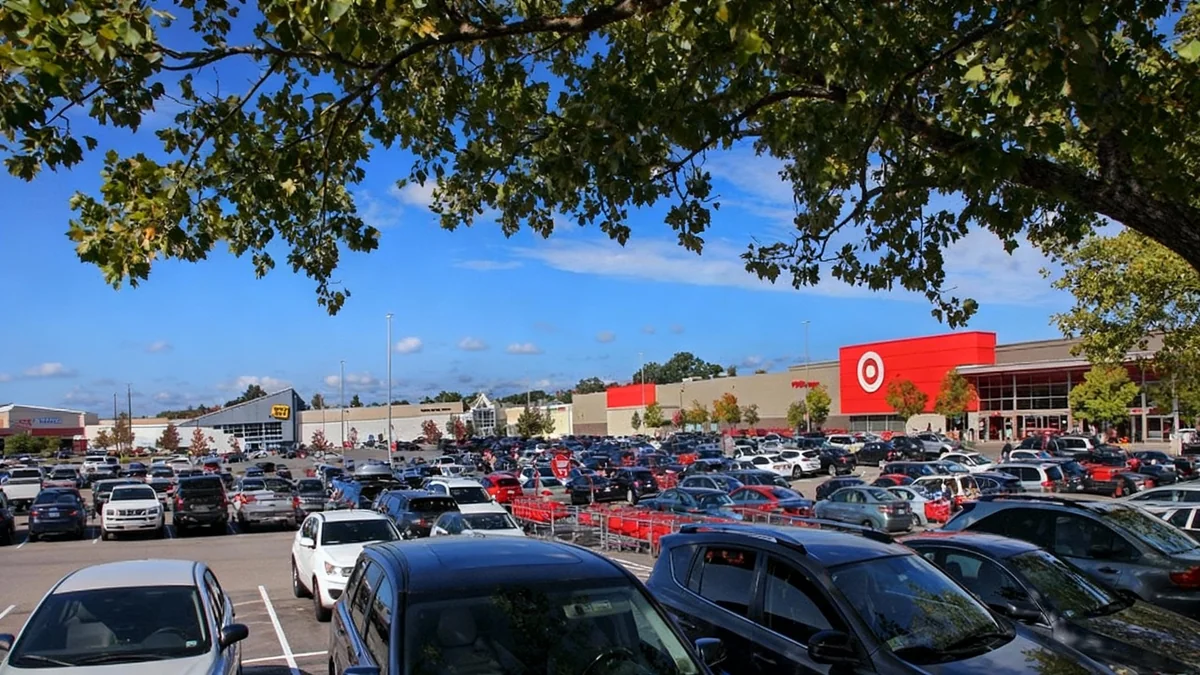The Watertown Mall, a prominent retail hub, has been sold for $100 million to Newton-based National Development. This transaction marks a significant shift, as previous plans to convert the property into a life sciences campus have now been abandoned. The mall is set to remain a retail destination, reflecting a broader recalibration in the Boston area's real estate market.
Key Takeaways
- Watertown Mall sold for $100 million to National Development.
- Original plans for a life sciences conversion have been scrapped.
- The property will continue as a retail center.
- Sale highlights a cooling trend in the Boston lab market.
- Alexandria Real Estate Equities sold at a $30 million loss.
A Shift from Lab Space to Retail Focus
The sale, which concluded on October 16, sees National Development acquire the 18-acre site from Alexandria Real Estate Equities. Alexandria had purchased the property in 2021 for $130 million, intending to transform it into approximately 500,000 square feet of lab and office space, alongside retail. This vision was driven by the intense demand for laboratory facilities in Greater Boston just three years ago.
At that time, vacancy rates for lab space were near zero. However, the market has undergone a dramatic change. The current transaction signifies a strategic pivot away from speculative lab development, returning focus to more stable, income-generating retail and mixed-use models.
Market Snapshot
- 2021 Purchase Price: $130 million (Alexandria Real Estate Equities)
- 2025 Sale Price: $100 million (National Development)
- Loss for Seller: $30 million
- Property Size: 18 acres
Cooling Demand in the Life Sciences Sector
The Boston area's life sciences real estate market has experienced a significant downturn. Recent data indicates a lab vacancy rate of 27.7%. This surge in vacant space is largely due to an influx of speculative development that has outpaced the actual demand from tenants.
Lease rates for lab space have also declined. They now stand at approximately $85 per square foot, a noticeable drop from the previous average of around $100 per square foot. This decline underscores the challenges facing the sector, leading to a surplus of available properties.
"The transaction marks a turning point for one of Watertown’s most prominent properties — and a sign that Greater Boston’s once-unshakable lab boom has reached a crossroads."
At least 20 lab buildings in the Boston area are currently entirely vacant. This situation highlights the broader issues within the region’s commercial property market, which also sees nearly 12 million square feet of office space unoccupied.
Watertown's Evolving Landscape
Watertown had emerged as a rapidly growing hub for the life sciences industry. Much of this expansion focused along Arsenal Street. Significant lab and mixed-use spaces were added through the redevelopment of the former Arsenal Mall, as well as new projects at Arsenal on the Charles and other nearby locations.
The decision to maintain the Watertown Mall as a retail center suggests a re-evaluation of growth strategies in the area. Developers are now considering what types of properties will best serve the evolving needs of the community and the market.
Market Context
The life sciences real estate market in Greater Boston saw unprecedented growth in recent years, driven by strong investment and a concentration of biotech and pharmaceutical companies. However, a rapid increase in speculative construction, combined with economic shifts, has led to an oversupply of lab space, causing vacancy rates to climb and lease prices to fall.
National Development's Future Plans Unclear
National Development, known for projects like the Ink Block in Boston’s South End, has not yet disclosed its long-term vision for the Watertown Mall site. Representatives from both National Development and Alexandria Real Estate Equities have not provided comments regarding the sale or future plans.
The acquisition by National Development suggests a strategic move to capitalize on the existing retail infrastructure. This approach contrasts sharply with the previous owner's ambitious plans for a complete transformation into a life sciences campus. The focus now appears to be on leveraging the property's current use and exploring options within the retail and mixed-use sectors.
Impact on Regional Real Estate
This sale serves as a clear indicator of a wider market adjustment. The trend is moving away from the aggressive pursuit of lab conversions and towards more conventional, demand-driven real estate models. It reflects a cautious approach in a market that was once overheated.
Investors and developers are now carefully assessing project viability. They prioritize properties that offer immediate income generation and align with current market realities. The Watertown Mall transaction provides crucial insight into these shifting priorities within Greater Boston's dynamic real estate environment.
- Previous Plan: Convert to 500,000 sq ft lab/office + retail.
- Current Status: Remains a retail destination.
- Market Trend: Shift from speculative lab conversions.
- New Focus: Stable, income-generating retail and mixed-use.





